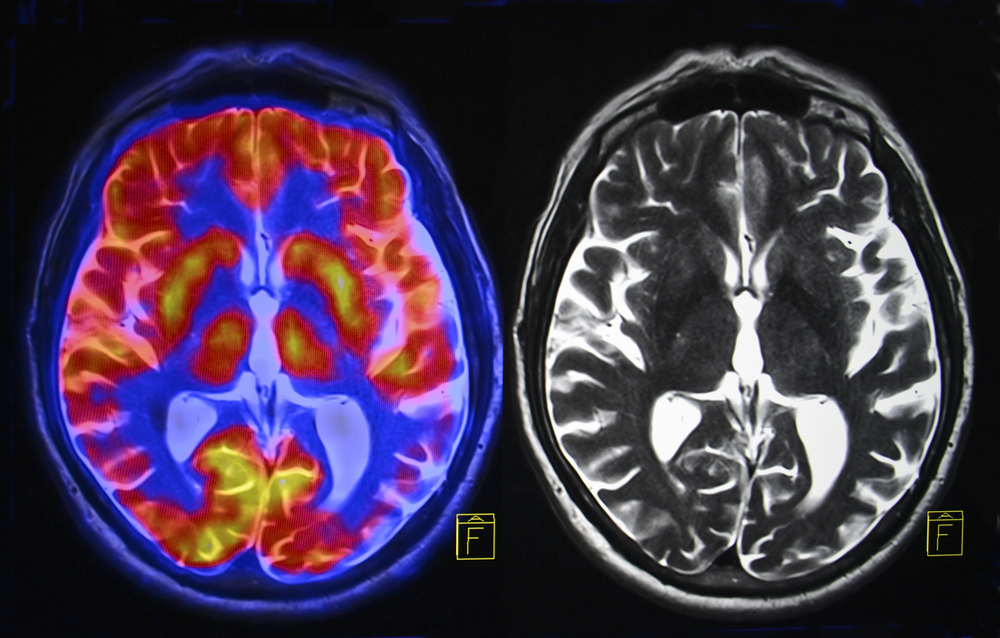Scans reveal brain’s reaction when addicts think about drugs
A study in the journal Translational Psychiatry by US researchers showed that thinking about their drug of choice stimulated a region in the front of an addict’s brain linked to pleasure, and that non-invasive therapy could help break the cycle of addiction. Scientists from the Medical University of South Carolina (MUSC) studied the brain scans of 156 individuals who were addicted to cocaine, alcohol, and nicotine. The scientists showed the participants pictures of the substance they were addicted to while an MRI scanner monitored their brain activity.
The researchers interspersed the images with pictures of a ‘neutral’ item. For example, showing smokers pictures of someone holding a cigarette followed by pictures of someone holding a pencil. The researchers found that, for all three types of addicts, seeing pictures of the substance to which they were addicted triggered ‘hot spots’ in the medial prefrontal cortex region of their brains. That part of the brain is associated with feeling pleasure as well as memory and decision making.
The scientists hope that better understanding how addiction affects brain networks will allow them to counter addiction by using non-invasive transcranial magnetic stimulation (TMS). Therapists already use TMS to treat depression. It works by locating an electromagnetic coil near a person’s forehead to generate magnetic fields that stimulate suppressed nerve cells in people with the disorder.
Researchers at MUSC have started to evaluate the effect of TMS on curbing alcohol and cocaine abuse. They hope to see less activity in the medial prefrontal cortex of addicts after two weeks of TMS treatment.

